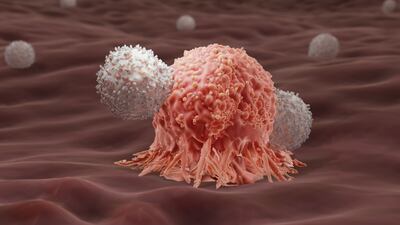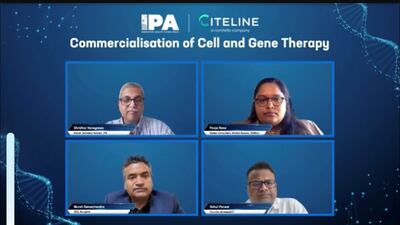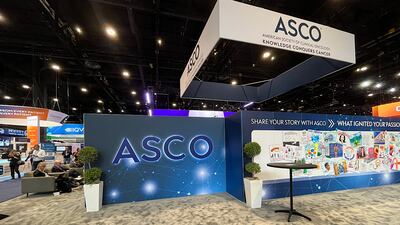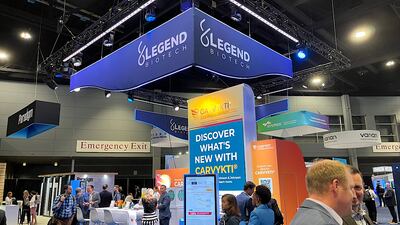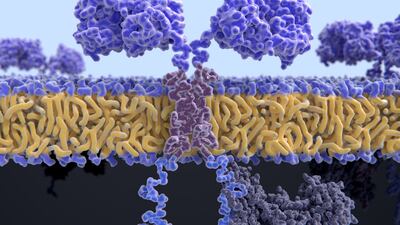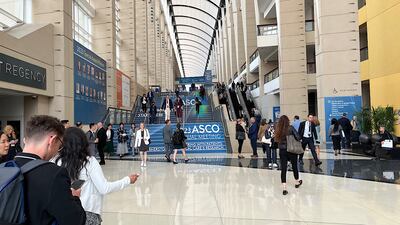CAR-T
After 10 years of promised investment following its Nobel Prize for iPS cell research, Japan is cautiously narrowing regulations around the conditional approval of cell therapies and cutting some reimbursement prices. Commercial success remains mixed and some products have been withdrawn from the market.
After 10 years of promised investment following its Nobel Prize for iPS cell research, Japan is cautiously narrowing regulations around the conditional approval of cell therapies and cutting reimbursement prices. How has the sector panned out over the last decade?
It is “absolutely fundamental” that manufacturers of cell and gene therapies interact with inspectors from regulatory agencies to understand their expectations around good manufacturing practice, a compliance consultant at CDMO eXmoor pharma says.
Nine new entries targeting a wide range of unmet medical needs. Several EU marketing approvals and two withdrawals. And an accelerated assessment tool that was seldom used. These were among the activities noted as part of the European Medicines Agency’s priority medicines scheme during the first half of 2024.
The recent Women in Advanced Therapies Global event, delivered via an interactive 24-hour platform, hosted a number of biopharma speakers who drew on personal and industry-wide experiences, all aligned by a desire to break biases.
The Belgium-based biotech needs to do more with its plentiful cash pile than just “fairly small transactions” to boost its promising but very early-stage pipeline to inspire investors, according to one analyst.
The approval marks the first for an engineered cell therapy for a solid tumor indication, and the company has jumped on commercialization efforts.
The agency wants sponsors to start with three core symptoms common across cancer therapeutics and then add more treatment-related adverse events from item libraries based on a drug’s mechanism of action and other factors.
In this week's podcast edition of Five Must-Know Things: global CEO remuneration; another late-stage loss for Merch KgaA; deals shift to smaller M&A, partnering; Bayer’s Parkinson’s bets bear fruit; and India looks to innovate CAR-T models.
As India seeks to build on early gains in CAR-T cell therapy, experts call for ecosystem reform and also the need to demonstrate value to payer models of large economies to potentially back international reimbursements.
According to China Pharmaceutical Innovation and Research Development Association, in the first quarter of 2024 a total of 44 cell therapies in the domestic cell therapy field made clinical application progress, including 28 immune cell therapies and 16 stem cell therapies.
Iovance’s Amtagvi won FDA accelerated approval in February, and Adaptimmune’s afami-cel may not be far behind, but cell therapies for solid tumors come with some extra challenges.
In this week's podcast edition of Five Must-Know Things: BIO Notebook; ASCO roundup; data on Carvykti in community at ASCO; strong new results for tirzepatide in MASH; and orphan slowdown signals new path ahead.
Solid tumor CAR-T may succeed AZD7003 where many others have failed as the firm builds its cell therapy pipeline.
Japan issues approval recommendations in new indications, including Torii's Vtama in atopic dermatitis and AbbVie's Skyrizi in ulcerative colitis. Separately, filing requirements for the use of concomitant therapies have been revised.
The companies presented data from CARTITUDE-4 in functional high-risk disease, which has a poorer prognosis, while they are also piloting a program to expand Carvykti’s geographic reach.
Scrip sat down with Kite Pharma EVP Cindy Perettie to talk about the program that Gilead is running with Tennessee Oncology to bring CAR-T therapy into the community setting.
AstraZeneca’s data showcase its grand strategy in lung cancer, while a trial from Gilead could provide valuable learnings for anti-TROP2 antibodies as they become more competitive - not only on efficacy, but also on safety. J&J and Legend, meanwhile, are nipping at BMS and 2seventy’s heels.
The cell and gene therapy (CGT) clinical trial landscape in general and CAR-T cell clinical trials in particular are a special focus for the FDA, EMA, and other regulatory agencies. The whole industry is thus aware of the recent FDA safety investigation and requirements for labeling CAR therapy products.
A one-time gene therapy candidate for Gaucher disease, an allogeneic CAR-T cell therapy for difficult-to-treat blood cancers, and a potentially first-in-class drug for treating hyperphenylalaninemia have made it onto the European Medicines Agency’s priority medicines scheme.
ADVERTISEMENT






